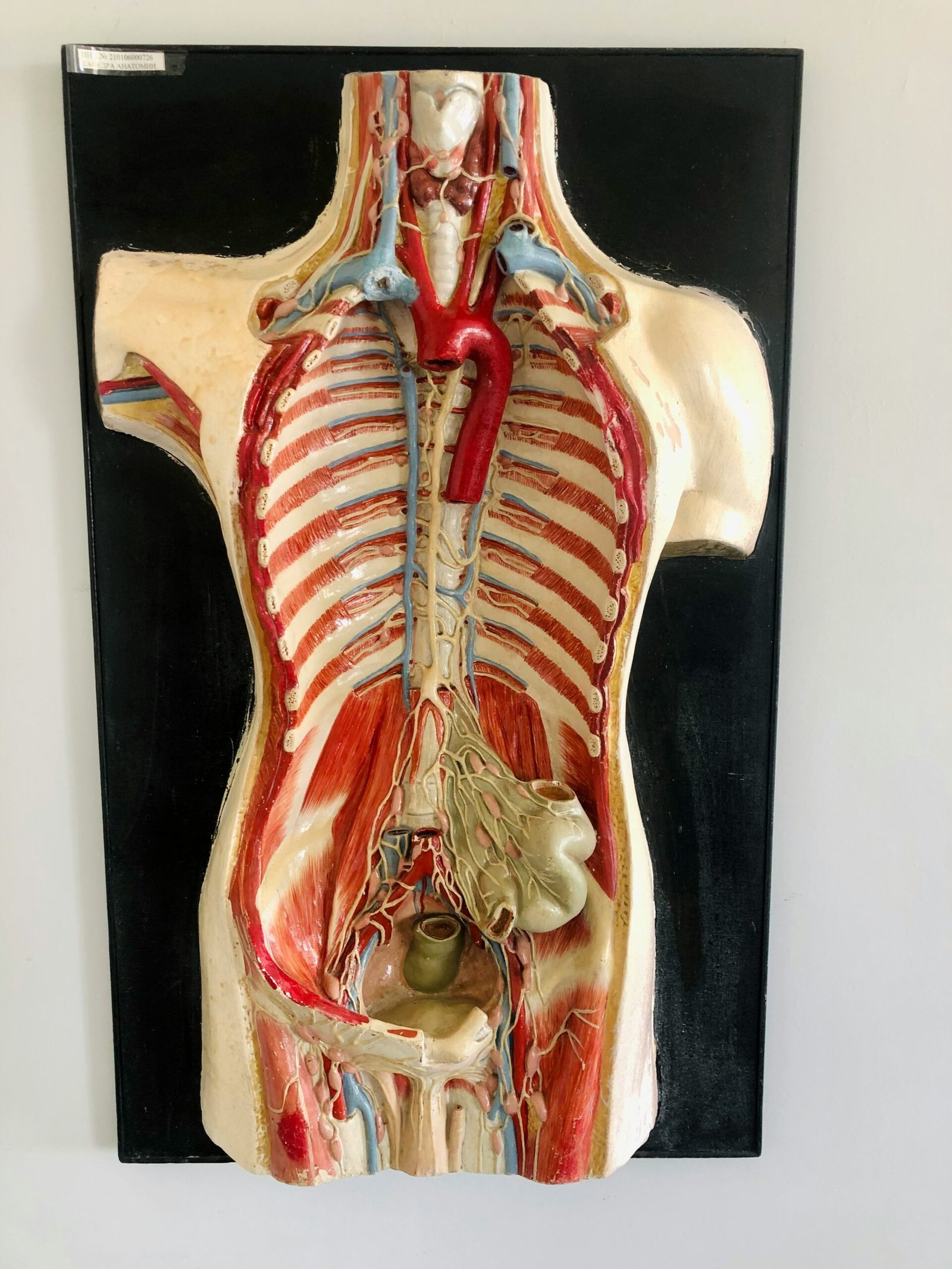1. Ketogenic Diet
Overview
The ketogenic diet is a high-fat, low-carb eating plan designed to shift your body’s metabolism into ketosis, where it burns fat for fuel instead of carbohydrates.
Benefits
- Rapid weight loss due to increased fat burning
- Improved mental clarity and focus
- Potential benefits for blood sugar control and insulin sensitivity
Considerations
While effective, the keto diet may cause initial side effects such as fatigue and headache, often referred to as the “keto flu.” It’s essential to stay hydrated and consult a healthcare provider before starting.
Learn more about the ketogenic diet
2. Mediterranean Diet
Overview
The Mediterranean diet emphasizes whole grains, fruits, vegetables, nuts, seeds, and olive oil, with moderate consumption of fish and poultry and limited red meat.
Benefits
- Promotes heart health and reduces risk of cardiovascular disease
- Supports weight management and digestive health
- Rich in antioxidants and anti-inflammatory foods
Considerations
The Mediterranean diet is flexible and can be adjusted to individual preferences. However, it requires a focus on high-quality, fresh ingredients and may involve more meal preparation time.
Explore the Mediterranean diet
3. Paleo Diet
Overview
The paleo diet, also known as the caveman diet, encourages eating foods that were available to our pre-agricultural ancestors, such as lean meats, fish, fruits, vegetables, nuts, and seeds.
Benefits
- Promotes weight loss by eliminating processed foods and added sugars
- Supports improved blood sugar levels and reduced inflammation
- Encourages consumption of nutrient-dense foods
Considerations
The paleo diet excludes grains, legumes, and dairy, which may be challenging for some individuals. It’s important to ensure a balanced intake of nutrients and consider supplementation if needed.
Read more about the paleo diet
4. Low-Carb Diet
Overview
A low-carb diet reduces carbohydrate intake to encourage the body to use fat for energy. This diet focuses on consuming proteins, fats, and low-carb vegetables.
Benefits
- Effective for weight loss and appetite control
- May improve metabolic markers like blood sugar and cholesterol levels
- Can lead to increased energy and mental clarity
Considerations
It’s important to balance macronutrient intake and include a variety of foods to ensure nutrient adequacy. Some may experience initial side effects like fatigue or digestive changes.
Discover the benefits of a low-carb diet
5. Intermittent Fasting
Overview
Intermittent fasting involves alternating periods of eating and fasting. Popular methods include the 16/8 method and the 5:2 method, where you eat normally for certain periods and restrict calories on others.
Benefits
- Helps with weight loss by reducing overall calorie intake
- May improve metabolic health and support longevity
- Easy to incorporate into daily life with minimal food restrictions
Considerations
Intermittent fasting may not be suitable for everyone, especially those with certain medical conditions or those who are pregnant. It’s essential to listen to your body and adjust fasting periods as needed.
Learn about intermittent fasting
6. Vegan Diet
Overview
The vegan diet excludes all animal products and focuses on plant-based foods such as fruits, vegetables, legumes, grains, nuts, and seeds.
Benefits
- Can lead to weight loss and improved cardiovascular health
- Supports ethical and environmental sustainability
- Rich in vitamins, minerals, and antioxidants
Considerations
Careful planning is needed to ensure adequate intake of essential nutrients like vitamin B12, iron, and omega-3 fatty acids. Supplementation may be necessary.
Explore the vegan diet benefits
7. DASH Diet
Overview
The Dietary Approaches to Stop Hypertension (DASH) diet focuses on reducing sodium intake and increasing consumption of fruits, vegetables, whole grains, and lean proteins.
Benefits
- Helps lower blood pressure and improve heart health
- Encourages a balanced, nutrient-rich diet
- Supports overall well-being and chronic disease prevention
Considerations
The DASH diet may require adjustments for those used to high-sodium diets. Meal planning and preparation are key to maintaining this diet effectively.
Learn more about the DASH diet
8. Whole30 Diet
Overview
The Whole30 diet is a 30-day program that eliminates sugar, alcohol, grains, legumes, and dairy to reset your eating habits and metabolism.
Benefits
- Promotes healthy eating habits by eliminating processed foods
- May lead to improvements in digestion, energy levels, and skin health
- Helps identify food sensitivities and intolerances
Considerations
Whole30 can be restrictive and may require significant meal planning. It’s important to ensure that your diet remains balanced and nutritionally adequate.
9. Flexitarian Diet
Overview
The flexitarian diet is primarily vegetarian but allows for occasional meat consumption. It emphasizes plant-based foods while offering flexibility.
Benefits
- Supports weight management and overall health
- Provides flexibility and variety in food choices
- Reduces environmental impact and promotes sustainability
Considerations
The flexitarian diet is adaptable but requires mindful planning to ensure nutritional balance. It’s important to include a variety of protein sources and nutrients.
Discover the flexitarian approach
10. Zone Diet
Overview
The Zone Diet balances macronutrients with the goal of controlling inflammation and managing insulin levels. It promotes a diet of 40% carbohydrates, 30% protein, and 30% fat.
Benefits
- Helps regulate blood sugar levels and reduce inflammation
- Supports weight loss and improved metabolic function
- Encourages a balanced intake of nutrients
Considerations
Maintaining the Zone Diet requires careful meal planning and portion control. It may be challenging for some individuals to adhere to the specific macronutrient ratios.
Learn more about the Zone Diet
Choosing the right diet plan depends on your individual goals and lifestyle. Consider consulting with a healthcare provider or nutritionist to find the best plan tailored to your needs. For more resources on healthy eating, visit ChooseMyPlate.gov.



